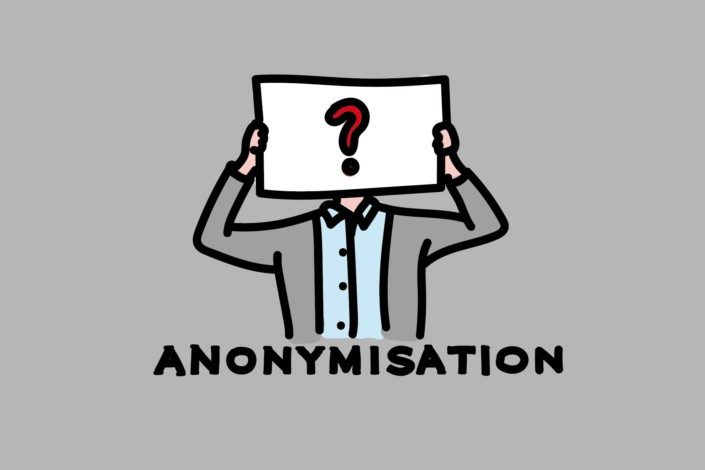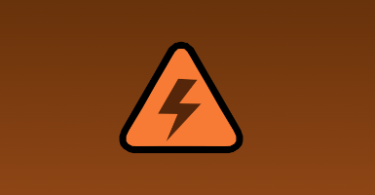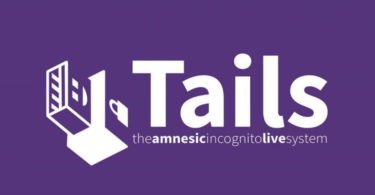Do you know how a VPN works? Do you know what the Tor browser protects you against? Test your knowledge!
#1. What does anonymisation of data mean?
If you answered a):
No. Data is always necessary for communication to be successful. Anonymisation, however, is a technique that makes it difficult for this data to be linked to the person who wants to remain not identifiable.
If you answered b):
No. This is an explanation for encryption, which is different from anonymisation.
#2. Imagine you use a VPN to circumvent censorship in your country. What does your Internet Service Provider (ISP), that can be legally bound to hand over data to your government, see about your internet connection?
No. The ISP sees that I use the VPN – but not which websites you access.
#3. Imagine you use the Tor network to circumvent censorship in your country. What does the Tor network see about your internet connection?
No. Tor is a decentralised network of servers, in which no single server sees that you use Tor or what websites you access. Therefore, you are anonymous.
#4. With a VPN or the Tor browser, you can hide on the level of the IP address what you do on the internet, especially if your Internet Service Provider is legally bound to hand over your data to a government that you consider as your adversary. Is it enough to be “anonymous” on the internet?
If you answered a):
No. There are many other ways to de-anonymise users on the internet, although IP addresses are often the most important way to find a user’s identity.
If you answered c):
Trustworthy VPN is not a guarantee of anonymity. There are many other ways to find a user’s identity on the internet, the most common being using their IP address.








